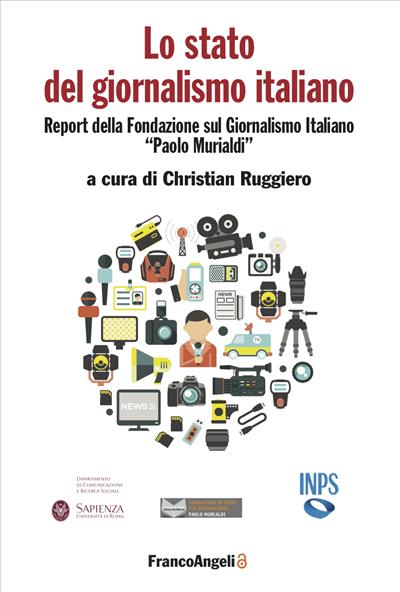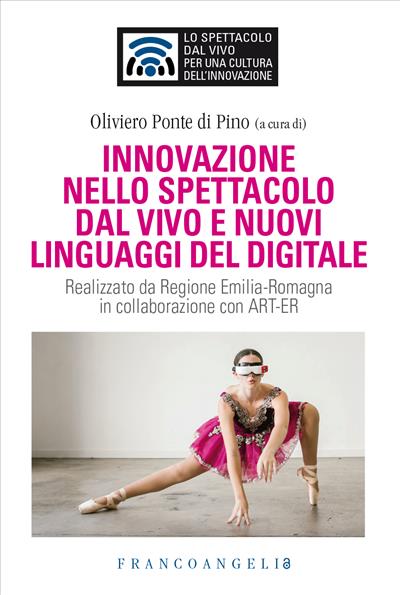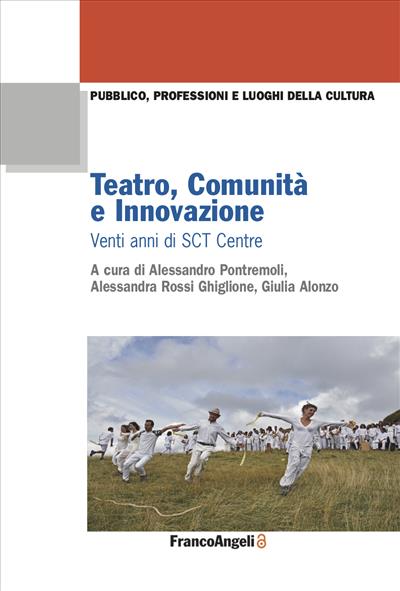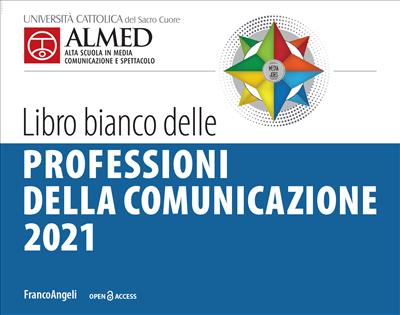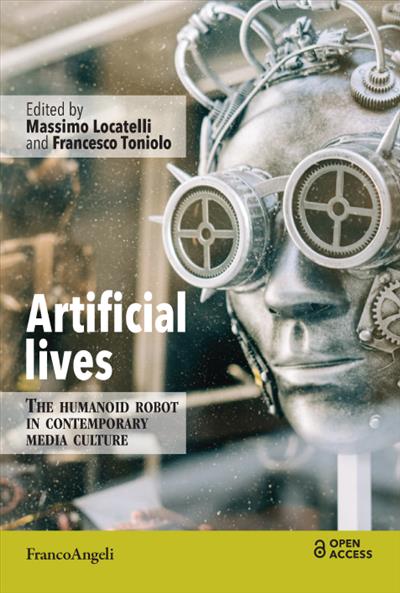
A cura di: Massimo Locatelli, Francesco Toniolo
Artificial lives
The humanoid robot in contemporary media culture
The theme of the humanoid robot has been entwined with media, literary and audiovisual imagery ever since the origins of the culture industry. This volume seeks to offer different perspectives of analysis on the cultural discourses related to robots, as they emerge in contemporary representations in film, television, and videogames.
Pagine: 164
ISBN: 9788835142973
Edizione:1a edizione 2022
Codice editore: 10067.7
Informazioni sugli open access
